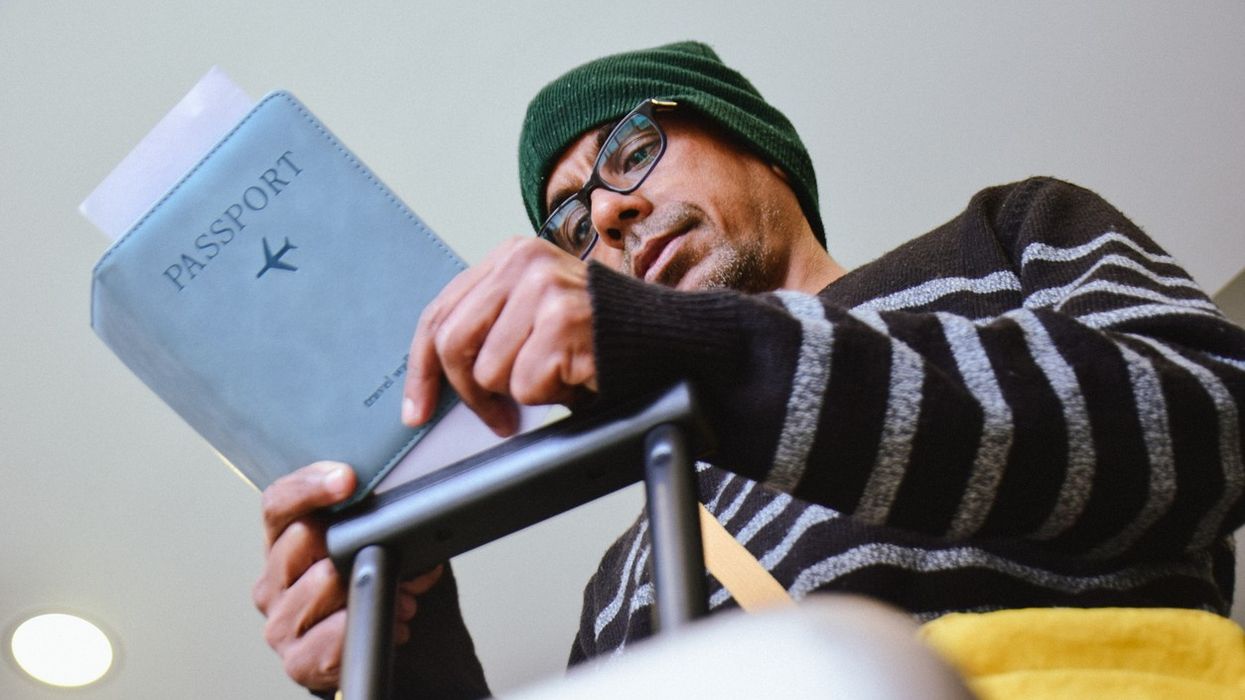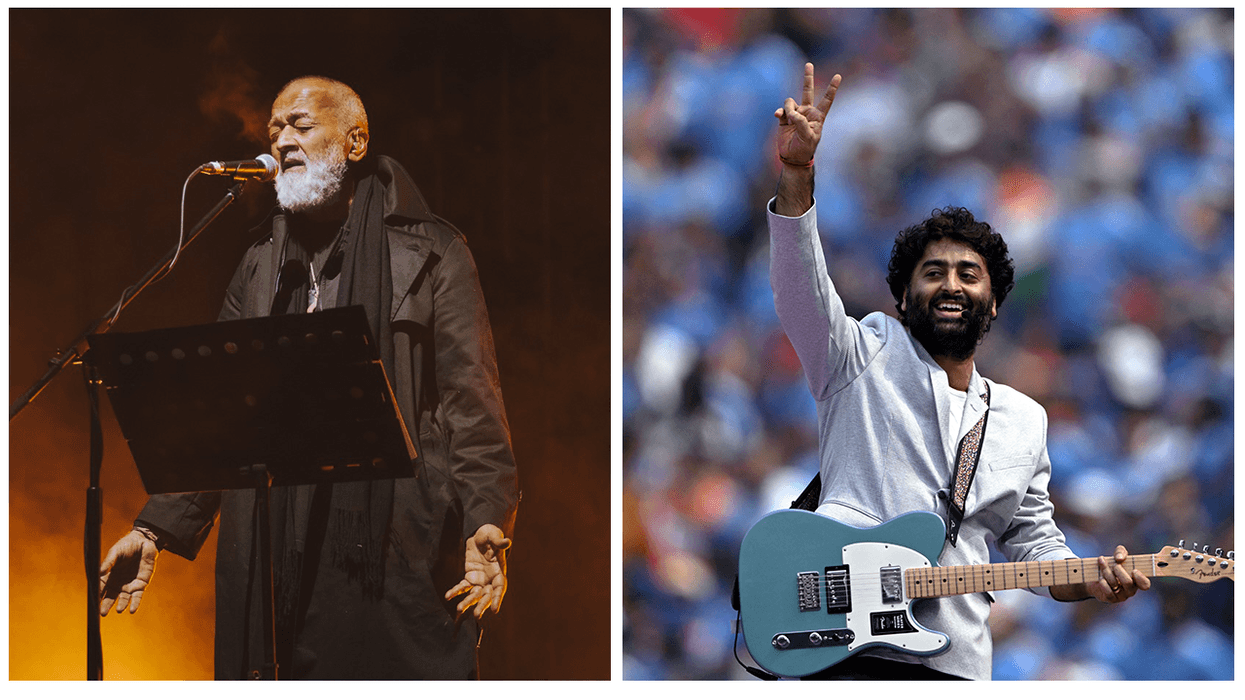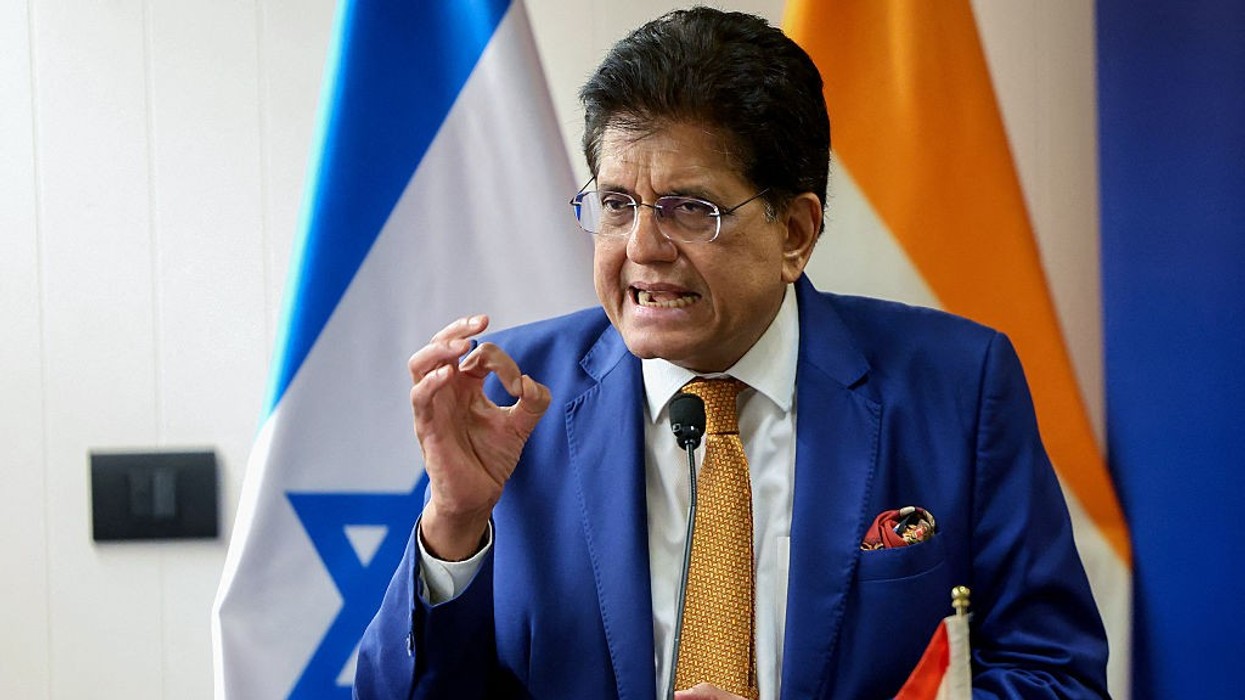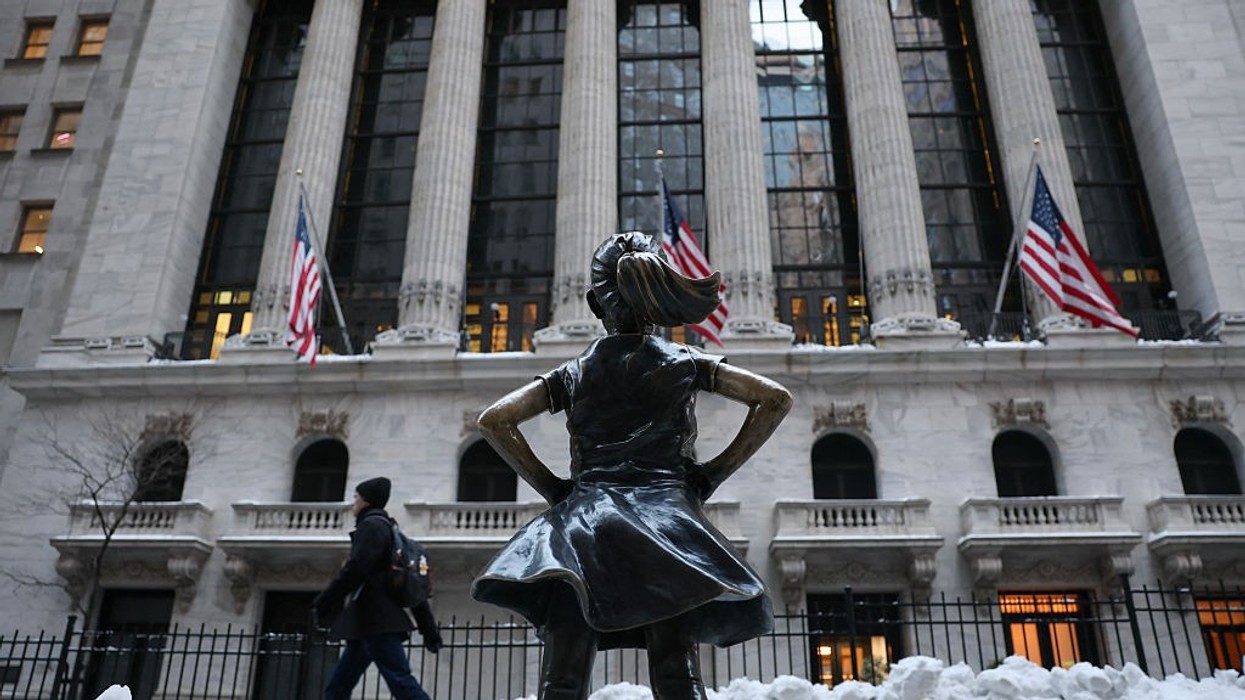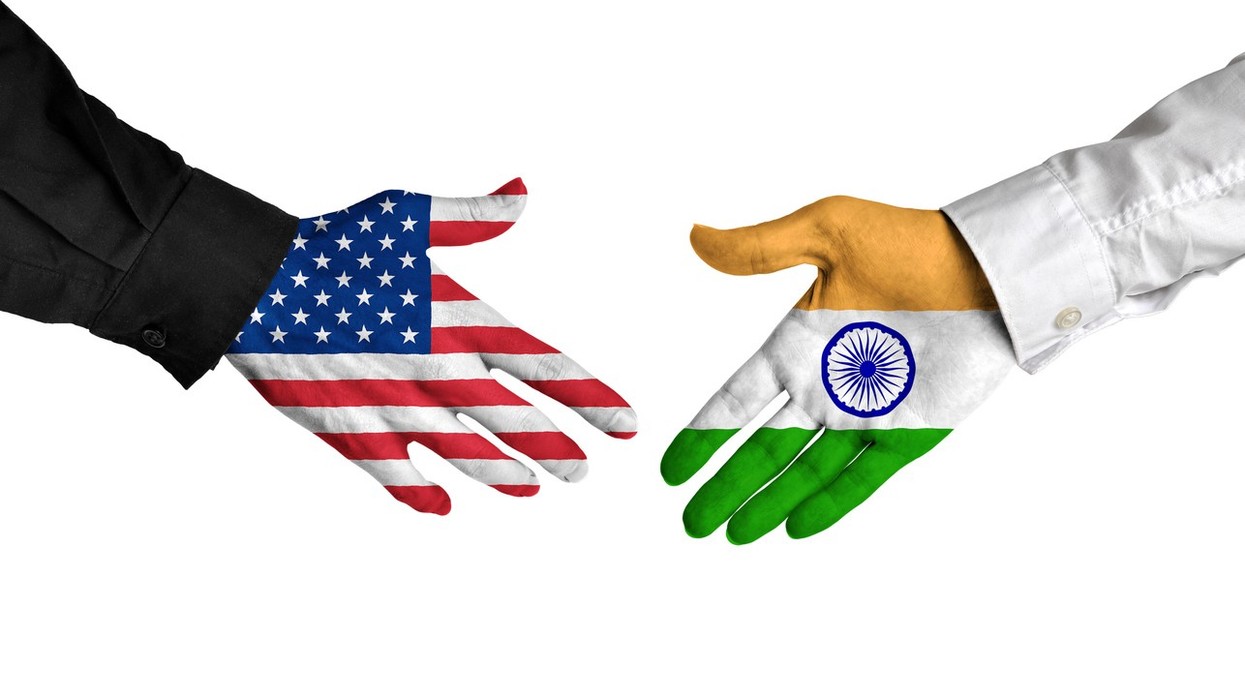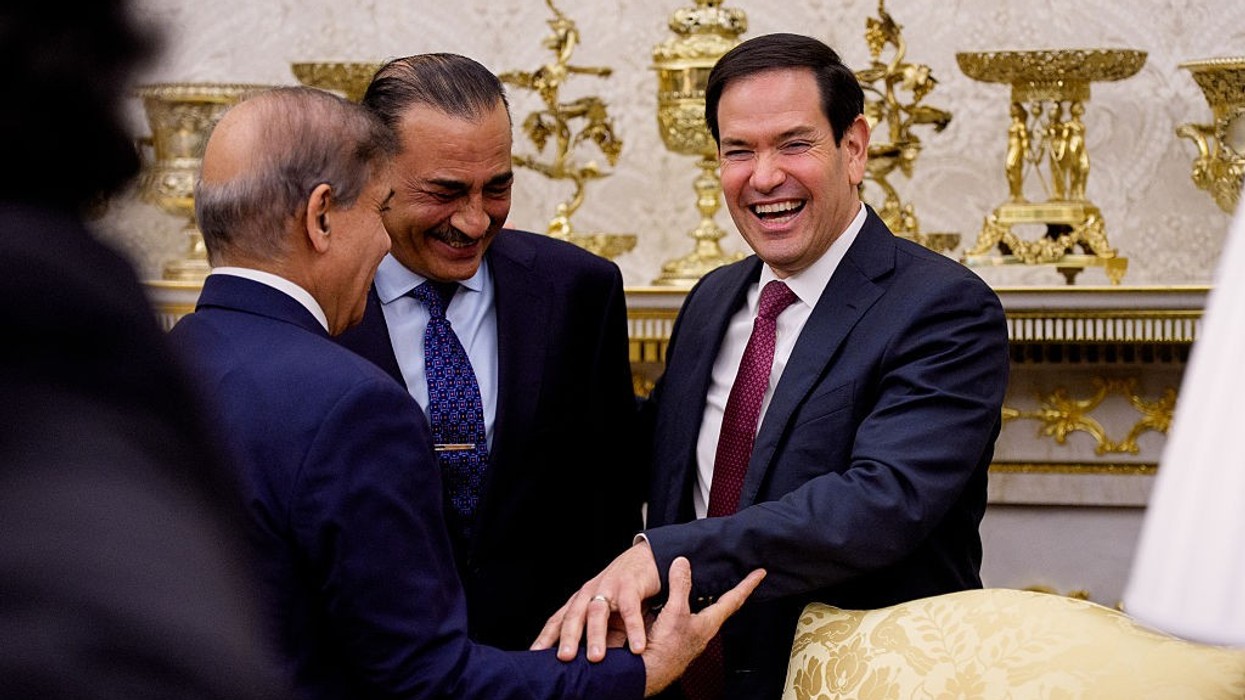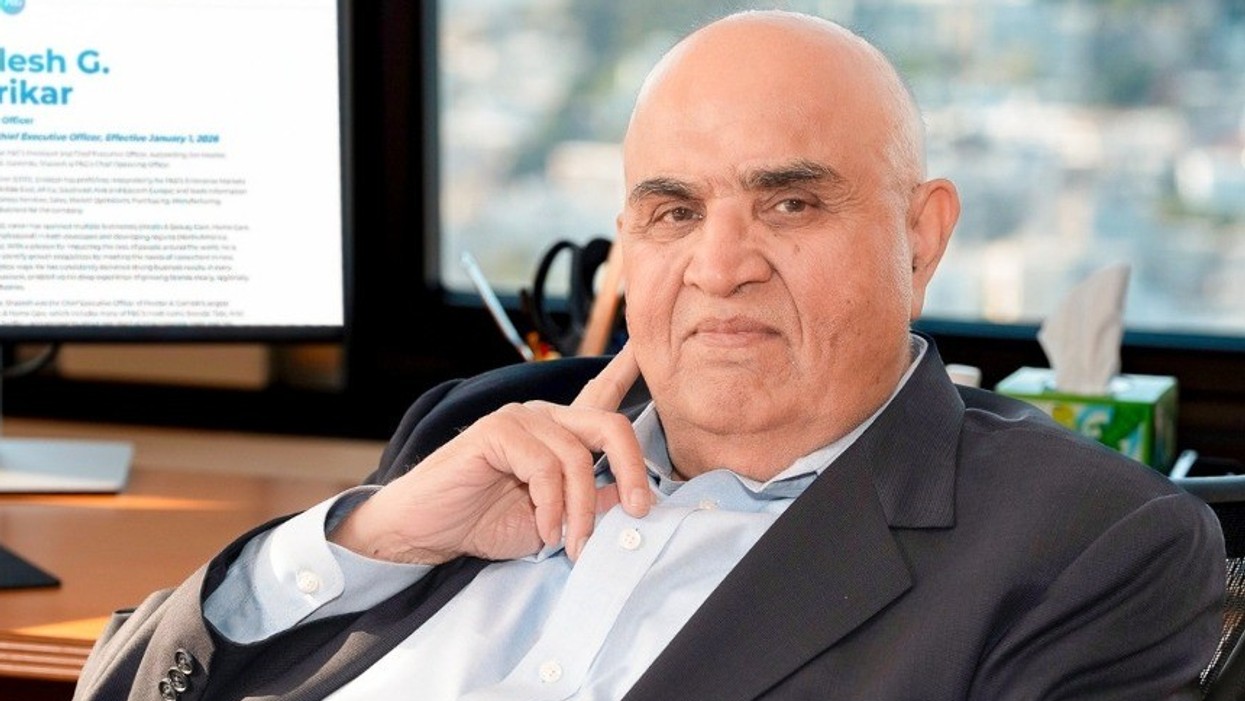The US Department of State announced sweeping revisions to its nonimmigrant visa interview waiver program, effective September 2, 2025. This policy overhaul reverses more liberal guidelines introduced earlier in 2025, tightening eligibility and generally requiring in-person interviews for most visa applicants, including young children under 14 and seniors over 79.
Exceptions remain for select diplomatic and official visas, as well as limited visa renewals. The move aims to strengthen security but has stirred concerns among visa seekers about longer wait times and reduced accessibility.
Overview of new visa interview waiver guidelines
Under the updated rules, virtually all nonimmigrant visa applicants will be required to attend a consular interview unless they qualify for specific exemptions. Interview waivers will only be considered for certain diplomatic and official categories (like A, C, G, NATO visas) and for renewals of full-validity B-1/B-2, B1/B2 visas, or Mexican Border Crossing Cards/Foils. However, renewal applicants must meet strict eligibility criteria:
- Renewal must occur within 12 months of visa expiration,
- The applicant must have been 18 or older at prior visa issuance,
- The application must be filed in the country of nationality or residence,
- No prior visa refusals (unless overturned or waived),
- No other admissibility issues.
Consular officers retain discretion to request interviews even if applicants meet waiver criteria based on case-specific risks or local conditions. Travelers are advised to consult embassy websites for tailored guidance.
Concerns over increased wait times and efficiency loss
Houston-based immigration attorney Steven Brown criticized the policy shift, particularly highlighting the effective elimination of the "Dropbox" (interview waiver) option for most categories. Brown warned this will lead to longer appointment wait times and bottlenecks in visa processing, especially impacting renewals which were previously streamlined. He also called the requirement for interviews of children under 14 “patently absurd,” underscoring the increased burden on families and applicants.
The February 2025 policy and reversal
Earlier in February 2025, the Department of State had expanded interview waiver eligibility, allowing broader categories including more renewals to skip interviews. This flexibility was intended to resume normal visa operations after pandemic-related disruptions. However, heightened global security concerns prompted the recent reversal, reinstating more stringent screening protocols for enhanced vetting.
Impact on B1/B2 and H-1B visa applicants
The changes particularly affect B1/B2 tourist/business visitors and H-1B skilled worker applicants, many of whom had benefited from previous streamlined renewals or waiver provisions. H-1B visa holders and prospective workers—especially those renewing their visas outside the US—may now face mandatory interviews, adding to processing times. Since H-1B remains a cornerstone for tech and education sectors, this could delay project timelines and recruitment efforts.
Advice for travelers and applicants
Applicants should prepare for the likelihood of scheduling in-person interviews and updated documentation requirements. Early application submissions and monitoring for appointment availability are critical. Given consular discretion, travelers facing unique circumstances or prior refusals should be ready to justify eligibility carefully.
Balancing security and efficiency in US visa policies
The new interview waiver policy represents a careful balancing act between national security priorities and facilitating global travel and commerce.
While the Department of State emphasizes flexibility and risk-based assessment, procedural bottlenecks and longer wait times are expected, affecting millions of foreign nationals seeking US visas. Immigration experts like Steven Brown recommend that applicants adjust expectations and plan well ahead for interviews, highlighting the policy’s significant operational impact across B1/B2 and H-1B visa categories as of September 2025.
